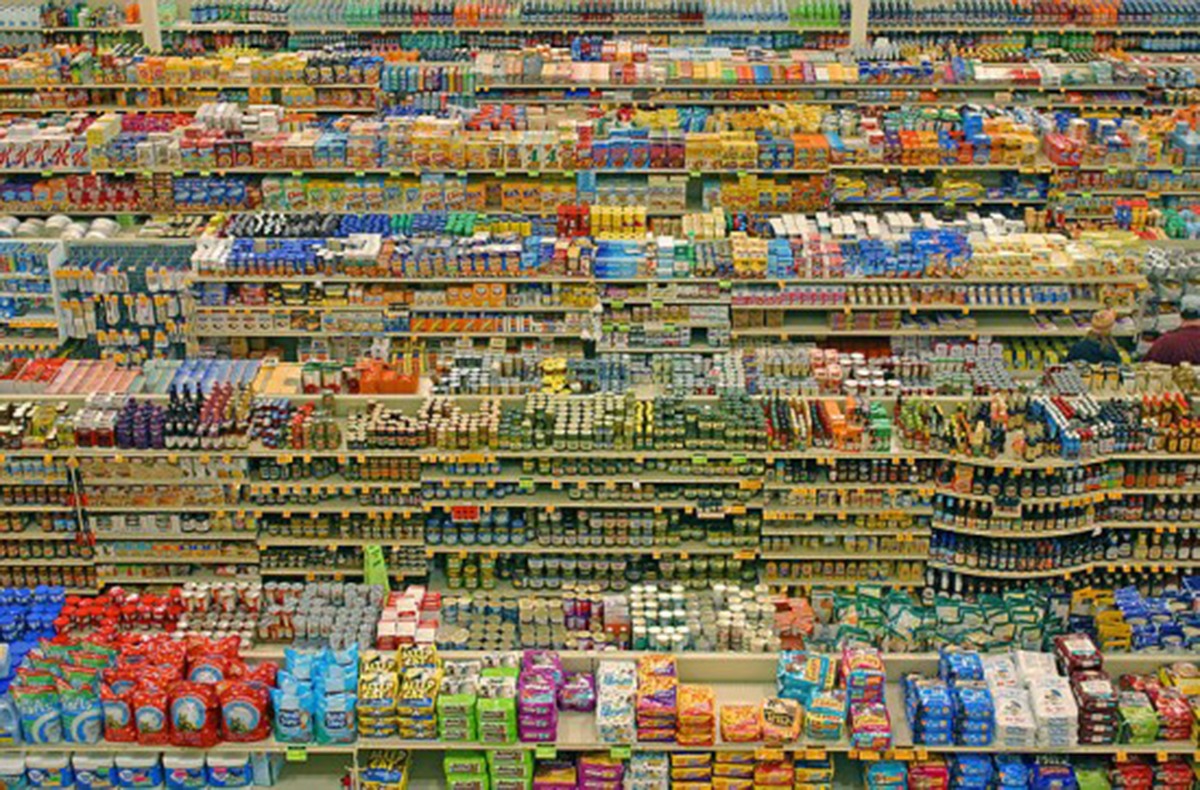Table of Contents
The first thing that should light a fire inside your brain regards the methods used in the study.

While the DNA, genetics and metabolisms of rats and humans aren't too dissimilar, rats actually gain fat at around 10 times the rate of humans, meaning whatever results seen with the rats in terms of weight gain would be greatly reduced in humans.
A second, but probably even more important point is that our diets generally combine foods.
This is the major issue with this study, and with the whole idea of the glycemic index and the fast versus slow foods suggestion.
How often do you just eat a serving of walnuts? Or sit down to a dinner of just a plate of pasta – no sauce, no veggies, no meat? Even a hardcore bodybuilder eats some broccoli with his chicken.
In a meal you could have five, 10, even 15 different ingredients, and a mixture of protein, different types of fat and sugary and starchy carbs, all on the same plate. The addition of any fiber, fat or protein to a meal automatically slows the digestion. So while a serving of fruit juice, a pop tart or bowl of white rice may make your blood sugars jump up, and digest extremely quickly, as soon as you add a scoop of protein powder to your fruit juice, have an apple with your pop tart or combine your rice with some salmon and veggies, you slow the digestion, thus increase the thermic effect of food and calorie burn.
Another biggie that the researchers failed to mention was total calorie intake, total calorie expenditure, and how much this thermic effect of food actually plays a role in weight and fat loss.
The answer: Very little.
In the grand scheme of things when it comes to a weight loss diet, your progress will be determined mainly by your overall caloric intake, regardless of the types of food you eat.
The second biggest player will be exercise, both in the sense of planned exercises, such as going to the gym and playing sports, and the activity you don’t count as training, such as walking to the grocery store or climbing stairs.
Third up is your own genetic metabolism potential – whatever you do, this is set in stone. If you’re lucky enough to have a fast metabolism, you may find weight loss easier, but if you’re cursed with a slow one, weight loss may be tougher (though far from impossible.)
Read More: How Many Calories Do You Really Need?
It might play a small role of perhaps five percent of your total progress. However, as previously discussed, provided you’re eating balanced, mixed meals, any difference in this will be negligible, if any at all.
As a last point, whether or not the digestion speed effects how many calories you burn or absorb, calorie counting is still the most accurate way of measuring food intake that we have available to us. Whether or not you count them or not, your body does, so don’t dismiss calorie counting just yet.
- Calorie Counts 'Virtually Meaningless,' Experts Conclude
- Digestion 'Too Intricate' To Be Described In Neat Numbers By John Ericson | Aug 22, 2013
- www.medicaldaily.com/calorie-counts-virtually-meaningless-experts-conclude-digestion-too-intricate-be-described-nea
- Photo courtesy of USACE Europe District by Flickr : www.flickr.com/photos/europedistrict/4537907171/
- Photo courtesy of Diliff by Wikimedia Commons : en.wikipedia.org/wiki/File:Fredmeyer_edit_1.jpg


Your thoughts on this